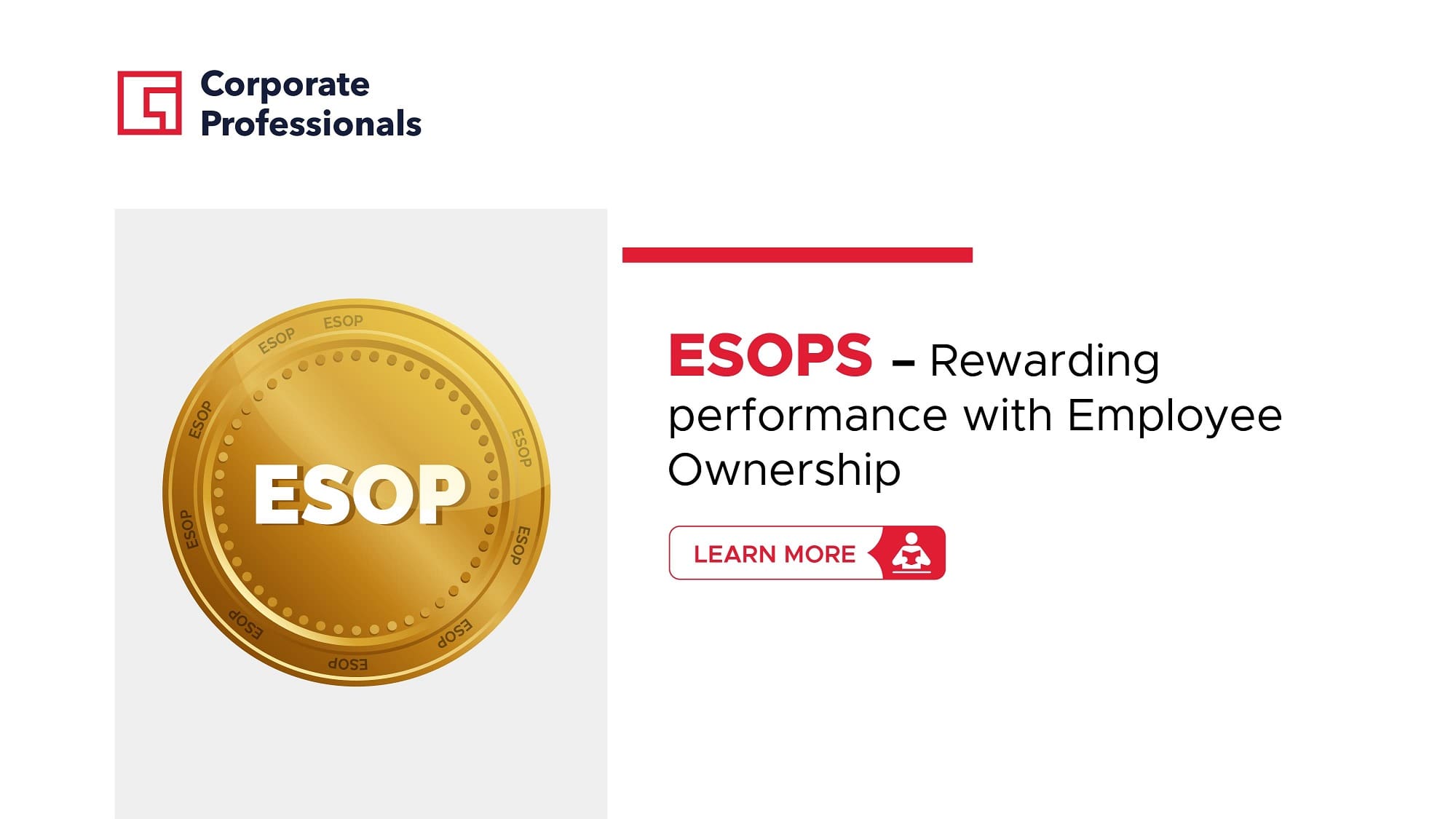M&A Valuation
A company merger is when two companies combine to form a new company. Companies merge to expand their market share, diversify products, reduce risk and competition and increase profits.
A de-merger is when a company splits off one or more divisions to operate independently or be sold off. A de-merger may take place for several reasons, including focusing on a company's core operations and spinning off less relevant business units, to raise capital, or to discourage a hostile takeover.
M&A Valuation for Unlisted Companies
Compliance with Companies Act, 2013:
-
 Governed from Section 230-232 of the Companies Act, 2013, along with applicable rules.
Governed from Section 230-232 of the Companies Act, 2013, along with applicable rules.
Valuation Report Requirement:
-
 A valuation report in respect of the shares and the property and all assets, tangible and intangible, movable and immovable, of the company by a registered valuer.
A valuation report in respect of the shares and the property and all assets, tangible and intangible, movable and immovable, of the company by a registered valuer.
M&A Valuation for Listed Companies
Compliance with:
-
 Governed from Section 230-232 of the Companies Act, 2013, read with SEBI Master Circular SEBI/HO/CFD/POD-2/P/CIR/2023/93, dated 20th June 2023.
Governed from Section 230-232 of the Companies Act, 2013, read with SEBI Master Circular SEBI/HO/CFD/POD-2/P/CIR/2023/93, dated 20th June 2023.
Valuation Report Requirement:
-
 A valuation report in respect of the shares and the property and all assets, tangible and intangible, movable and immovable, of the company by a registered valuer.
A valuation report in respect of the shares and the property and all assets, tangible and intangible, movable and immovable, of the company by a registered valuer.
Key Points to Consider
01
Which is the Governing Law for Unlisted Companies?
Companies Act 2013
02
Which is the Governing Law for Listed Companies?
Companies Act 2013 and SEBI Master Circular SEBI/HO/CFD/POD-2/P/CIR/2023/93.
03
Who Does it?
Registered Valuer
04
When it is required?
At the time of Merger
Recent Articles


Can’t Find What You’re Looking For?
Get in touch with one of our professionals! We're here to help you with any questions or specific needs you may have.
Contact Us






 +91 98717 84112
+91 98717 84112











